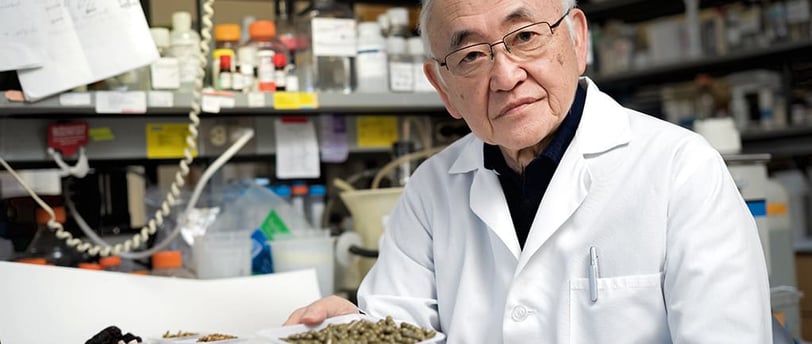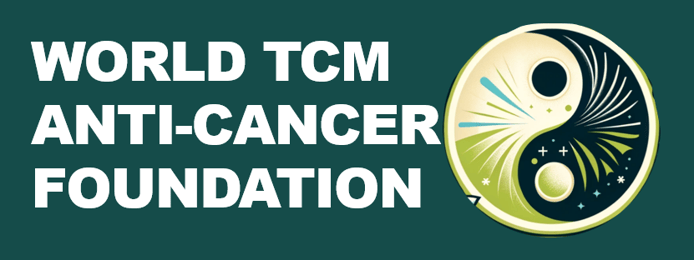Traditional Chinese Medicine in Cancer Treatment: Status, Challenges, and Potential Benefits
Traditional Chinese Medicine (TCM) is gaining traction in cancer care, offering symptom relief and immune support. Despite challenges in scientific validation and regulation, its integration with modern oncology shows promising potential for holistic treatment.
1/30/20252 min read


As cancer remains one of the leading causes of death worldwide, the use of Traditional Chinese Medicine (TCM) in cancer treatment is gaining increasing attention. While conventional oncology relies heavily on surgery, chemotherapy, radiation, and immunotherapy, many patients, particularly in China and other parts of Asia, are turning to TCM as a complementary or alternative approach. Advocates highlight its holistic benefits, but challenges remain regarding scientific validation, regulatory oversight, and integration into modern medical systems.
Current Status: Growing Interest and Integration Efforts
In China, TCM is widely integrated into cancer treatment in major hospitals, often used alongside conventional therapies. The Chinese government actively promotes TCM research, funding clinical studies to explore herbal formulations and acupuncture’s effectiveness in managing cancer symptoms and treatment side effects.
Beyond China, TCM is gaining recognition in the West, with some cancer centers incorporating herbal remedies, acupuncture, and dietary therapies to support patients undergoing chemotherapy and radiation. The World Health Organization (WHO) has acknowledged the role of TCM in global healthcare, further increasing interest in its applications for cancer care.
However, in many countries, TCM remains largely a complementary approach, with skepticism from mainstream oncologists due to limited large-scale clinical trials that meet Western biomedical standards.
Challenges: Scientific Validation and Regulation
1. Lack of Standardized Clinical Trials – While TCM practitioners report promising results, large-scale, double-blind, placebo-controlled studies are still insufficient. The variability in herbal formulations and individualized treatment approaches makes scientific validation complex.
2. Regulatory Barriers – In countries like the United States and Europe, stringent FDA and EMA regulations pose obstacles for TCM products, as they require extensive clinical data before approval for cancer treatment.
3. Quality Control Concerns – The purity, safety, and efficacy of herbal medicines are major concerns. Reports of contamination, heavy metals, and inconsistencies in herbal formulations have raised safety red flags.
4. Integration with Conventional Medicine – Many oncologists remain cautious due to potential interactions between TCM herbs and chemotherapy drugs, which could lead to adverse effects or reduced efficacy of conventional treatment.
Benefits: TCM as a Complementary Cancer Therapy
Despite challenges, TCM offers significant potential benefits for cancer patients, particularly in symptom management and overall well-being.
- Reducing Chemotherapy Side Effects – Herbal medicines such as Astragalus (Huangqi) and Ganoderma (Lingzhi) are used to boost immunity and alleviate fatigue in cancer patients.
- Pain and Nausea Management – Acupuncture has been widely recognized for relieving pain, nausea, and vomiting induced by chemotherapy. The National Cancer Institute (NCI) and several oncology centers now recommend acupuncture for cancer-related discomfort.
- Improving Quality of Life – TCM emphasizes body balance, stress reduction, and immune support, which can enhance patients’ physical and emotional well-being during treatment.
- Anti-Tumor Potential – Preliminary studies suggest that some TCM herbs, such as Curcumin (from turmeric) and Berberine, may have anti-cancer properties, though more research is needed.
Future Prospects: Bridging the Gap Between East and West
To maximize the potential of TCM in cancer care, greater collaboration between Eastern and Western medicine is necessary. Scientists advocate for:
- More rigorous clinical trials to provide evidence-based support for TCM therapies.
- Improved regulation and quality control to ensure safety and efficacy.
- Oncologists working alongside TCM practitioners to develop integrated cancer treatment models.
While skepticism remains, an increasing number of cancer patients worldwide are turning to TCM as part of a holistic approach to care. With further research and regulatory improvements, TCM could play a more significant role in global cancer treatment strategies in the coming years.
